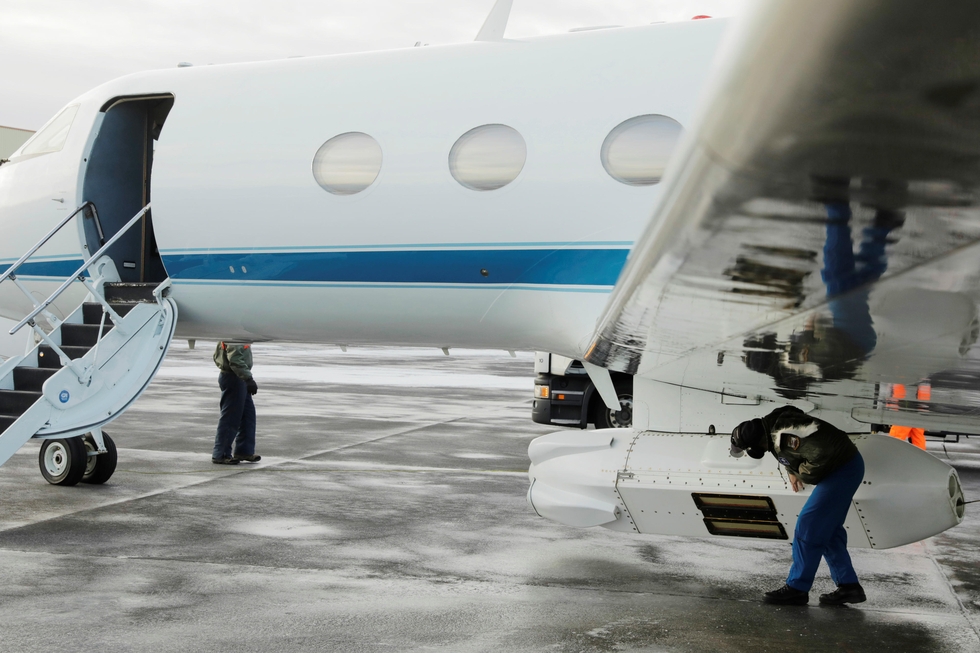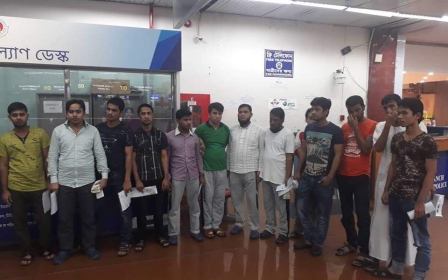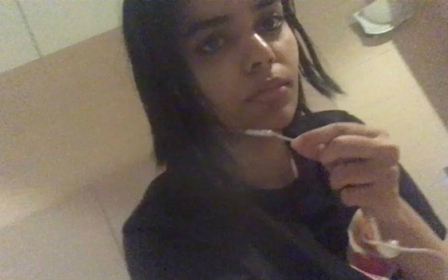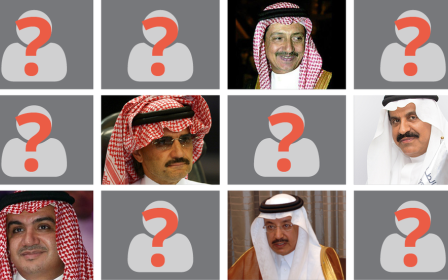Saudi 'corruption' purge grounds country's private jet fleet

Saudi Arabia’s self-proclaimed crackdown on corruption has kept dozens of jets worth hundreds of millions of dollars stuck on the ground, Reuters reported on Wednesday.
Roughly 70 aircraft, ranging from small private jets to commercial airline-sized planes, are stranded at several airports across Saudi Arabia, including in Riyadh and Jeddah, sources told the news agency.
Some jets belong to affluent Saudis who either face travel bans or are reluctant to fly the planes because they are wary of displays of wealth that might be seen as taunting the Saudi government, two unidentified sources familiar with the situation told Reuters.
Sources told Reuters that Saudi Arabia seized some of the jets in settlements after the government launched a crackdown in late 2017 in which dozens of princes, businessmen and even government officials were detained.
Most of the ultra-wealthy detainees were held at Riyadh’s Ritz-Carlton Hotel in November 2017 and were reportedly beaten and tortured to reveal their bank account details.
The stranded planes, owned by the country’s elite, highlight the latest effect on private industry of the Gulf kingdom’s purge.
After most of the princes and tycoons were released, Saudi Arabia’s attorney general Sheikh Saud al-Mojeb said that more than $106bn had been seized from 381 Saudi citizens, according to a statement.
But a Middle East Eye report shows that very little is known about the majority of those who were locked up, what kind of assets they may have been forced to hand over and if - or how - the final figure tallies.
The Saudi government's media office did not respond to Reuters’ requests for comment.
The General Authority of Civil Aviation told the news agency that questions about the impact of the anti-corruption drive on the private jet industry were outside its mandate.
It said only that its relationship with private aviation covers operations, safety and regulations.
Shattered investor confidence
The crackdown's impact on the business community and private enterprise, which are already reeling from low oil prices and weakened consumer confidence, has shattered investor confidence and contributed to a sense of uncertainty around the policies of Crown Prince Mohammed bin Salman, who is known as MBS.
The idle aircraft include Bombardier and Gulfstream jets, as well as larger Airbus and Boeing aircraft that are more commonly associated with commercial airlines, but are often used in the Middle East as private jets, Reuters’ sources said.
A Boeing 737 MAX or Airbus A320neo can cost up to $130m, though the final cost depends on how the jet is fitted out with technology and amenities, including private bedrooms, meeting rooms and even gym equipment.
The number of registered private jets in Saudi Arabia stood at 129 as of December compared with 136 a year earlier, according to FlightAscend Consultancy data, as cited by Reuters.
Private jets offer users flexibility as, unlike commercial airliners, they are not constrained by arrival and departure time slots. They also enable users to travel more discreetly.
It is unclear how the government would transfer ownership of the jets grounded across Saudi Arabia, as many are owned through offshore firms or are mortgaged, two of the sources familiar with the matter said to Reuters.
MBS's purge has won widespread approval among ordinary Saudis, Reuters said, because the government promised to use some of the funds to finance social benefits.
It's not really politically great to be seen flying privately at the moment, particularly owning your own aircraft
- VistaJet Chief Commercial Officer Ian Moore
Still, critics say the government's crackdown was a power play by the crown prince as he moved to consolidate power into his own hands.
There have been few private jet flights in Saudi Arabia over the past year, largely because there are fewer planes readily available, including for charter, three of the sources familiar with the matter told Reuters.
VistaJet chief commercial officer Ian Moore compared it to the situation in China, where an anti-corruption crackdown has also weakened the private jet market.
"It's not really politically great to be seen flying privately at the moment, particularly owning your own aircraft," he told Reuters.
Some wealthy Saudis have taken commercial airlines to the United Arab Emirates, Bahrain and other destinations, and then chartered private jets from there to avoid government scrutiny, two of Reuters' sources said.
Plane manufacturers also said the appetite for business jets in Saudi Arabia has dropped since the anti-corruption crackdown.
"Political instability does not help consumer confidence in any way, shape or form," Embraer Executive Jets chief commercial officer Stephen Friedrich told Reuters.
New MEE newsletter: Jerusalem Dispatch
Sign up to get the latest insights and analysis on Israel-Palestine, alongside Turkey Unpacked and other MEE newsletters
Middle East Eye delivers independent and unrivalled coverage and analysis of the Middle East, North Africa and beyond. To learn more about republishing this content and the associated fees, please fill out this form. More about MEE can be found here.




